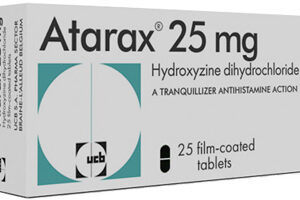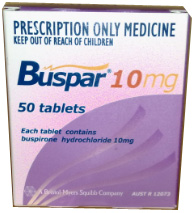Anxiety
Anti-anxiety medications are crucial in treating symptoms of anxiety and related disorders, such as generalized anxiety disorder and panic disorder. These drugs aim to calm the central nervous system, promoting relaxation and reducing psychological tension. Among the available options, anxiolytics, including benzodiazepines, provide quick relief and are ideal for managing acute episodes of anxiety, while antidepressants are preferred for long-term treatment, helping to stabilize mood and reduce anxious symptoms over time.
Anxiolytics act quickly to alleviate stress and anxiety, making them especially useful in situations of high psychological discomfort. However, due to the potential risk of dependency, their use is generally limited to short periods. Antidepressants, on the other hand, while not having an immediate effect, contribute to improving anxiety management on a more stable and prolonged basis, with lower risks of dependency.
Some of these medications also offer benefits in regulating sleep, addressing a common issue among those suffering from anxiety: sleep difficulties. This aspect is particularly important as good night rest can significantly improve the ability to manage anxiety during the day.
In summary, the choice of the most suitable medication depends on the patient’s specific situation, the severity of symptoms, and the presence of any other conditions. With a personalized approach, anti-anxiety medications can play a key role in improving the quality of life for people with anxiety disorders, offering a range of solutions to effectively manage both immediate and long-term symptoms.
Showing all 2 results




